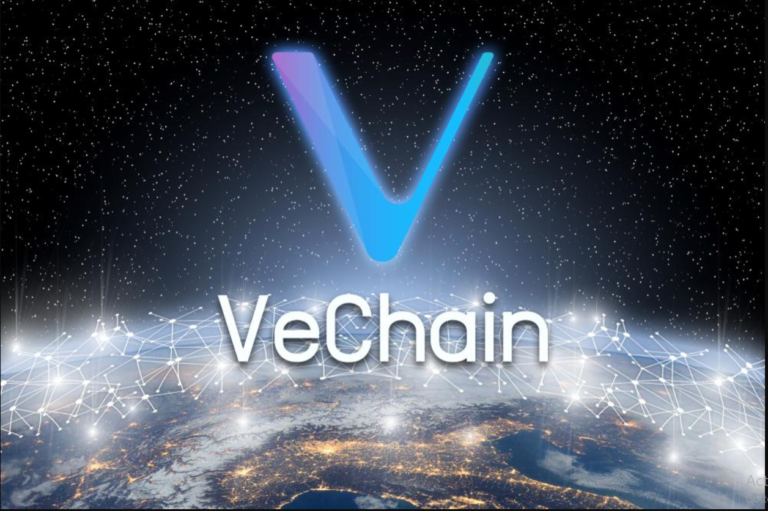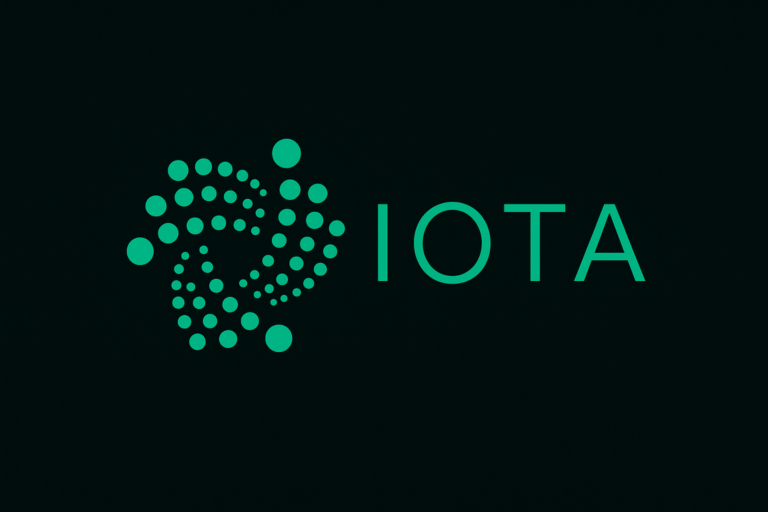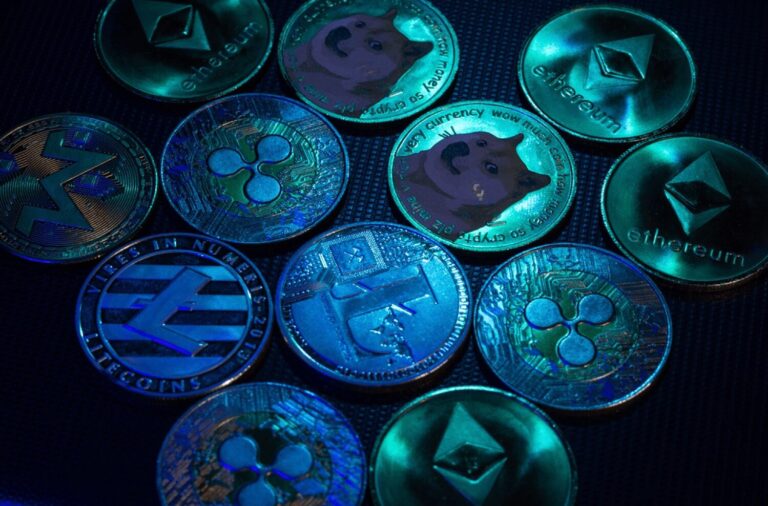
The blockchain gaming sector has suffered yet another blow. Two projects built on Ethereum’s gaming-focused Ronin network—Realms of Alurya and Wonder Wars—have officially announced that they’re pulling the plug, citing unsustainable development costs and failed funding efforts. Their departure marks yet another chapter in what’s becoming a concerning trend of crypto games folding under financial and structural pressure.
Wonder Wars, developed by Hello Monster, will be shutting down completely alongside its parent studio. In a somber post shared with followers on X (formerly Twitter), the team revealed that despite their deep dedication and hard work, the project couldn’t secure the long-term funding required to keep the game live.
“We weren’t able to meet the necessary metrics to build a viable long-term game,” the team wrote. “So we’ve had to make the difficult but honest decision to shut down Hello Monster, and with it, Wonder Wars.”
Adding to the transparency, the developers also announced they would not move forward with launching their planned utility token. “It wouldn’t feel right to launch a token with no real function. That would only encourage speculation without purpose,” the post stated, reflecting a shift toward more ethical behavior in a space often criticized for its speculative tendencies.
Meanwhile, Realms of Alurya faces a slightly more ambiguous future. Although the game isn’t immediately offline, its long-term prospects remain uncertain. A post on Discord by the game’s creative director and co-founder, Oscar Soler, shed light on the situation. According to Soler, the team was blindsided by an abrupt decision from Treasure—the blockchain publisher supporting the game—to cancel their contract and funding agreement with no prior warning.
“We were building our entire roadmap around the understanding that Treasure would continue backing us,” Soler said. “When they pulled out unexpectedly, it threw us into uncharted territory.”
Realms of Alurya had recently migrated to the Ronin network following its fallout with Treasure, a blockchain game publisher that has since announced it is winding down operations and pivoting toward AI development due to its own financial difficulties.
The Alurya team had pinned hopes on a recent in-game event, Hunt & Mint, to help bridge the financial gap, but it failed to generate the needed momentum. Soler openly acknowledged their reliance on Treasure was a strategic misstep. “We now know we should’ve had a backup plan. It was our responsibility, and we’ve learned our lesson the hard way.”
No timeline has been shared for a possible return of Realms of Alurya, but the development team has made it clear they’re exploring all options. At present, the game remains offline as the team regroups and reassesses its strategy.
These two closures aren’t isolated incidents. They’re part of a broader trend that’s emerged over the past year. Earlier this month, Nyan Heroes, a cat-themed shooter on Solana, also announced it was shutting down due to funding issues. Just days later, the Ethereum-based MMORPG Ember Sword met a similar fate. Before that, The Mystery Society closed its doors, and even major names like Gala Games have begun pulling back. Gala recently confirmed that The Walking Dead: Empires, its zombie-themed blockchain game, will soon be discontinued.
On the financial side, crypto gaming tokens have been battered. Most have slipped dramatically in market cap rankings. At present, only Immutable’s IMX token remains within the top 100 cryptocurrencies by market cap, according to CoinGecko—a stark contrast to the GameFi boom of the past two years.
As developers and players continue to grapple with the volatile landscape of Web3 gaming, these recent shutdowns serve as a cautionary tale. Enthusiasm and innovation alone aren’t enough to keep a game afloat in the decentralized world—consistent funding, clear utility, and sustainable player engagement remain essential. For now, the crypto gaming dream lives on, but with fewer titles in the ring and more lessons learned the hard way.
Let me know if you’d like to include additional commentary, such as analysis of the Ronin network or reflections on GameFi sustainability.




